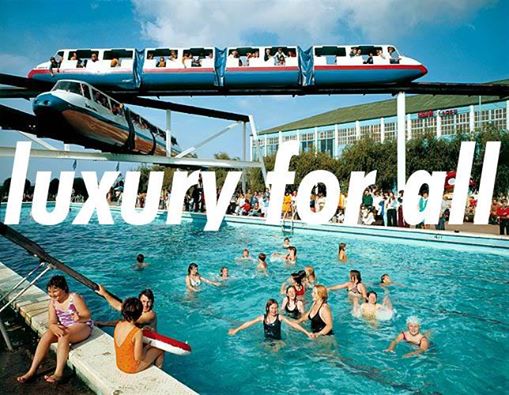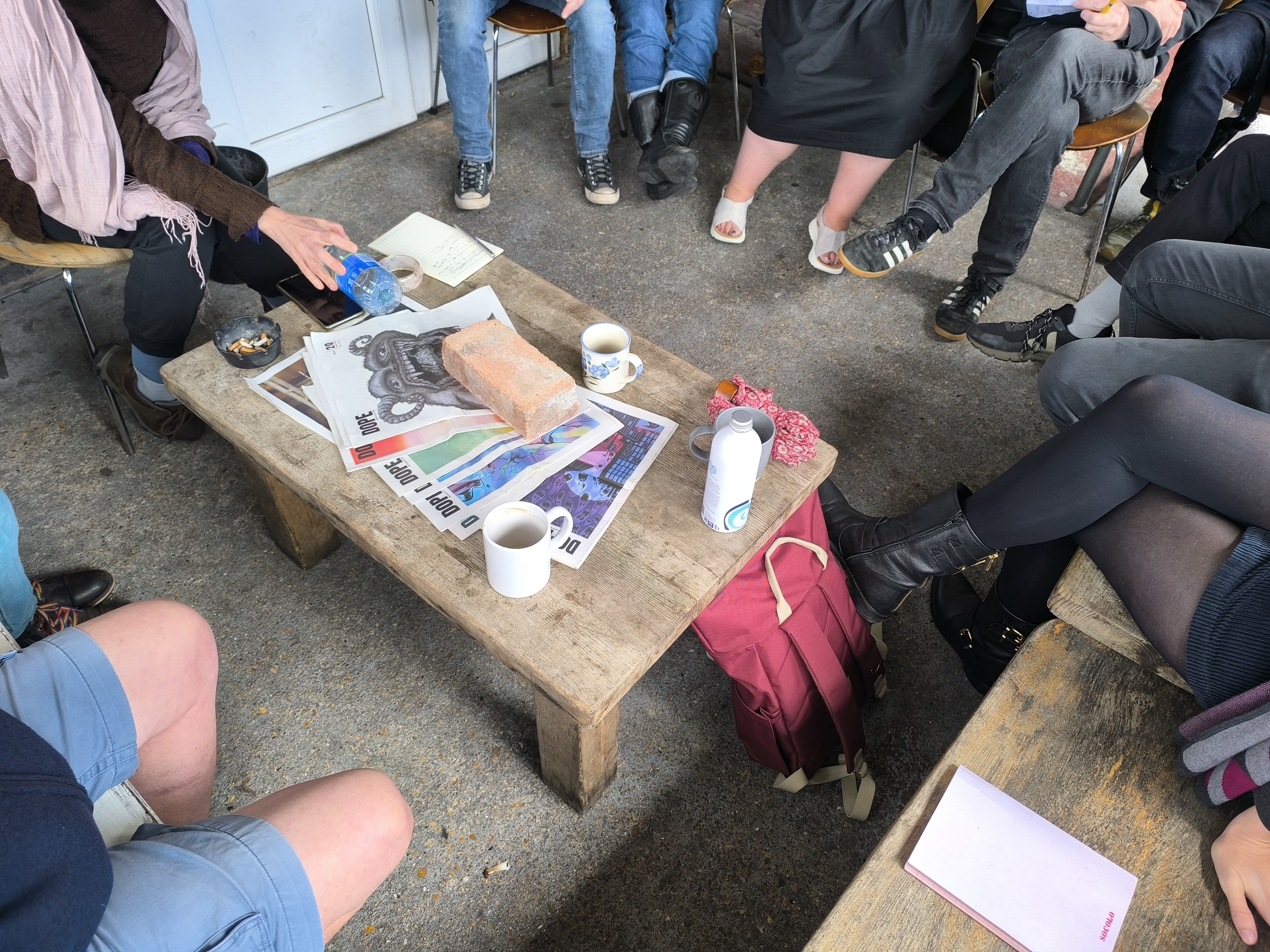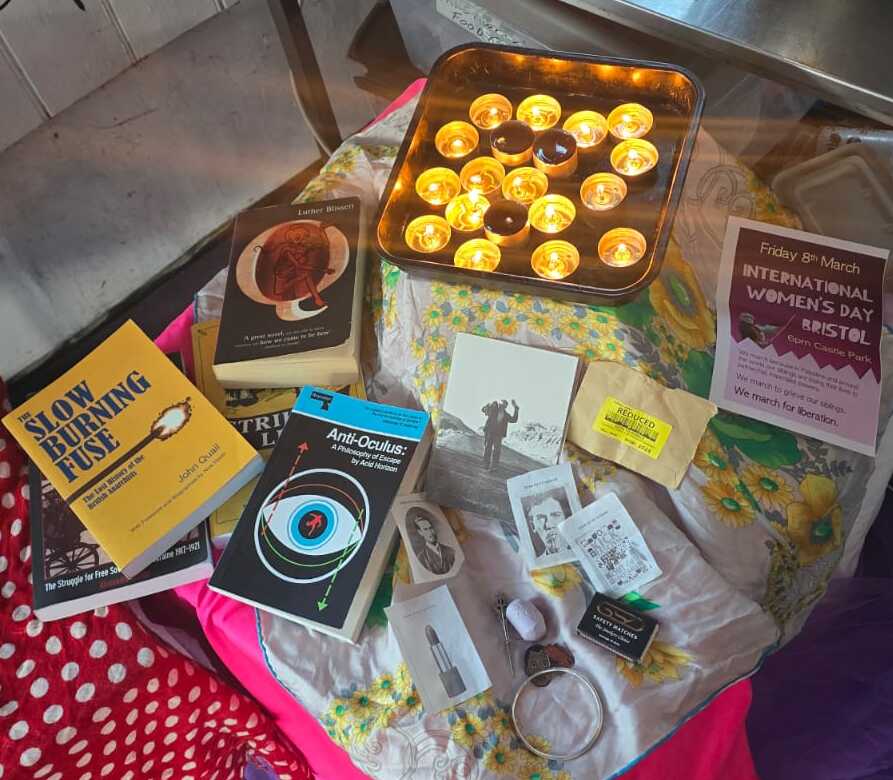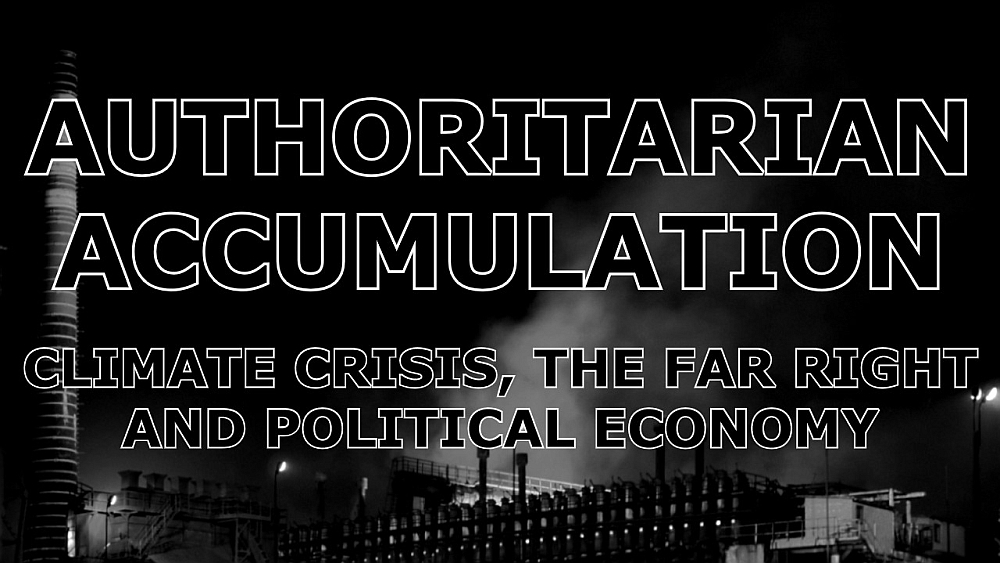Demanding the Future:
Plan C MCR Campaign Statement
February 13th 2015
On May 7th people in the UK will go the polling station to elect the next government. Political events such as elections offer us a chance to think about the future of the society we want to live in and make some kind of gesture towards making it a reality. However, unlike in Greece and Spain we are unlikely to be presented with much of an alternative to the cross-party consensus of Plan Austerity. Bombarded with the noise of a post-political popularity contest in which the larger parties compete over who can be the toughest on migration or the most ruthless in bringing down the deficit, it can feel like the political horizons of what is possible have receded to almost nothing. The question of how things could be different is already stillborn. Almost nothing is considered possible, there is no alternative, and the shades of no-possibility no-alternative no-future politics offered by the main parties are almost completely indistinguishable from one another.
The new normal
This election campaign will be a squabble over who can appear to be the most responsible administrators of austerity, whilst the mainstream attempts to discredit intensifying parliamentary attacks from UKIP and the Greens. As the systemic causes of the crisis slip from our hyper-stimulated and anxious minds, it feels like austerity is the new normal. All the major parties are committed to bringing down the national deficit and creating an attractive investment opportunity for capital (meaning cheap and compliant workers, light regulation and ballooning property speculation). With such narrow horizons the only thing the political mainstream can offer is the mobilisation of resentment against unemployed people, disabled people and migrants. Across the (compressed) mainstream political spectrum – from the centre-right (Labour) to the right (the Tories) – it’s agreed that it’s these people who caused our economic woes and who stand in the way of recovery. So harsh benefits policies punish the poor (while driving down wages at the lower end of the labour market), and punitive immigration policy terrorises migrants (whilst doing the same thing – it’s hard to resist wage cuts when you’re under threat of deportation). The only distraction left to us in the new normal is the schadenfreude of watching those who are seen to be contributing less get shafted by the Jobcentre and the Border Agency.
Misery on the village green
Since the collapse of an organised, popular left in the 1980s, we have struggled to formulate compelling visions of the future. It’s a reflection of the current state of things that UKIP’s vision of a mythical golden age is seen as truly oppositional. UKIP style themselves as the anti-political alternative for a people who are tired with an out-of-touch national government and an even more distant European technocracy. With the left struggling to articulate a viable world beyond capitalism, or even austerity, UKIP’s comfortingly homogenised image of a nation, replete with Union Jack bunting fluttering over Royal Wedding Anniversary family picnics on the village green, appears to many as either a panacea to the world’s ills or an opportunity to ‘stick the finger’ to the political establishment. This fondly misremembered image from the happy days of empire is a nostalgic mixture of strong national borders and even stronger national discipline: the perfect solution for those coming to terms with the dismantling of the welfare state, postcolonial migration (to escape from neo-colonial poverty and war) and the achievements of liberation movements. Fringe groups such as Britain First are also operating on this terrain, but are specifically seeking to channel this melancholia into socially networked resentment against Muslims.
The desire for change and resistance to the new normal of austerity takes many forms, progressive as well as reactionary. But the punchline of UKIP’s (racist) joke is that they are, of course, a party thoroughly in service to the comfortable old British establishment. For all their claims of being the party for the ordinary man in the pub, their vision of tighter social control alongside further market deregulation offers misery for everyone outside of the very wealthy, regardless of the colour of your passport. In the beery guise of straight-talking opposition, UKIP offer us something along the lines of what we have now, but even worse.
A political alternative needs to not only break with Plan A’s foreclosure of possibility but also reject Plan B’s orientation towards the past – the urge to “go back to how things used to be”. To neither attempt to restore the 1950s of Empire, Downton Abbey and casual racism, nor the social democratic trade-off of eight hour factory shifts in return for a pension one day. To reclaim politics from reactionaries and technocrats, we must reopen the possibility of the future.
Plan C – Three Plans for Claiming the Future
Plan C Manchester has three plans for the next few months. They’re our contributions to changing the subject, fighting the new normal, and opening up alternatives.
First, in contrast to the mainstream political debate and the foreclosure of possible futures, we’ll be releasing a daily demand for the next twelve working weeks leading up to May 7th. They’ll be inspired by campaigns and movements past and present – reflecting current struggles such as the call for adequate housing (E15 mothers), historical but relevant demands like the Black Panthers’ call for the end of police brutality (feminist and non-violent communication courses for starters), demands for the future such as the abolition of prisons and border agencies, and much more. We’ll invite friends and groups we find interesting to author ‘guest demands’. Some demands will signal claims we want to organise around, some we’ll be sympathetic to but don’t see ourselves contributing towards, and some we think might open up political terrain for future struggle. We want to provide and amplify a parallel, plural, radical left political debate to that of the mainstream mediatised pantomime of the elections: interrupting with a host of cross-cutting discussions happening just-out-of-sight, for futures that are just-out-of-reach.
One set of demands we’ll be organising around relate to the campaign to fight the forced deterioration, reorganisation and privatisation of the NHS and social care. This is a fight for the future, not the past: we don’t just want to reclaim the services we once had. The mainstream political parties have their vision: continued top-down restructuring without democratic support, or consultation with those who work in and for it, motivated by special interests and drawn up by amateurs, justified by rising demand and marketed with the empty rubric of enhanced choice. Our vision is the opposite: free, open, public and unconditional access to health and social care as a starting point, with full democratisation of these services, shaped by those who really know how it works – workers and patient. We want to start and take part in public consultations, inquiries and conversations the government never even considered – talking to doctors, nurses, allied healthcare professionals, porters, and the public, about what we want the future of our health and social care to be.
Last but not least, we’ll also be joining the local struggle against workfare in Manchester. Workfare exemplifies the mainstream parties’ strategy of scapegoating a popular hate-figure, those not in work, while eroding the rights and conditions of work and welfare for all of us. The programmes target the unemployed but attack all those in work, particularly those at the lower end of the job market. The proliferation of unpaid workers drives down working conditions and wages, creating further tension amongst an already fractured and precarious workforce. The reforms are part of an increasing culture of conditionality in the benefits system, cultivating anxiety and depression among claimants, and public shaming in the media. The popular opposition to workfare has forced a series of U-turns and changes, keeping mandatory programmes for those which hold ‘community benefits’ and making those in the private sector nominally ‘voluntary’; but the schemes continue. Workfare and its ethos remains at the cutting edge of neoliberal austerity policy of benefits ‘reform’ that undermines the quality of life of our entire society. We’re going to help end it.
This is what we’re going to be doing for the next six months or so. Through a mixture of mobilisations, texts, public meetings, and direct action we hope to try and flesh out the politics and practices we’ve outlined above. We want to politically and physically challenge the reactionary responses to the crisis and replace them with a political vision which points to a more joyful and expansive future.
We invite comrades, groups and fellow travellers to get in touch about working together. You can follow us on Facebook (/plancMCR) or email us to get on our mailing list (manchester@weareplanc.org).





